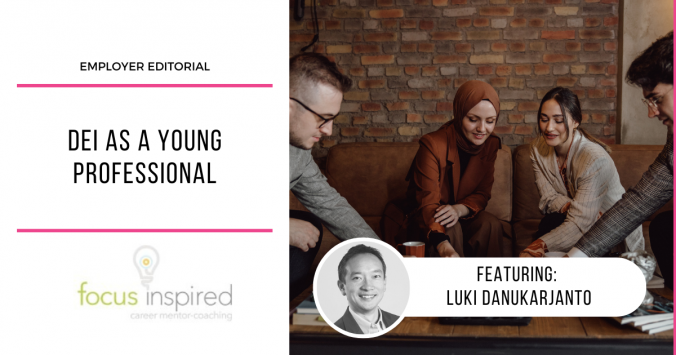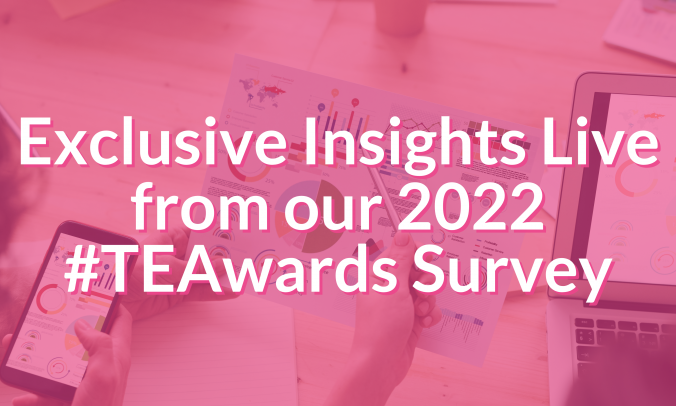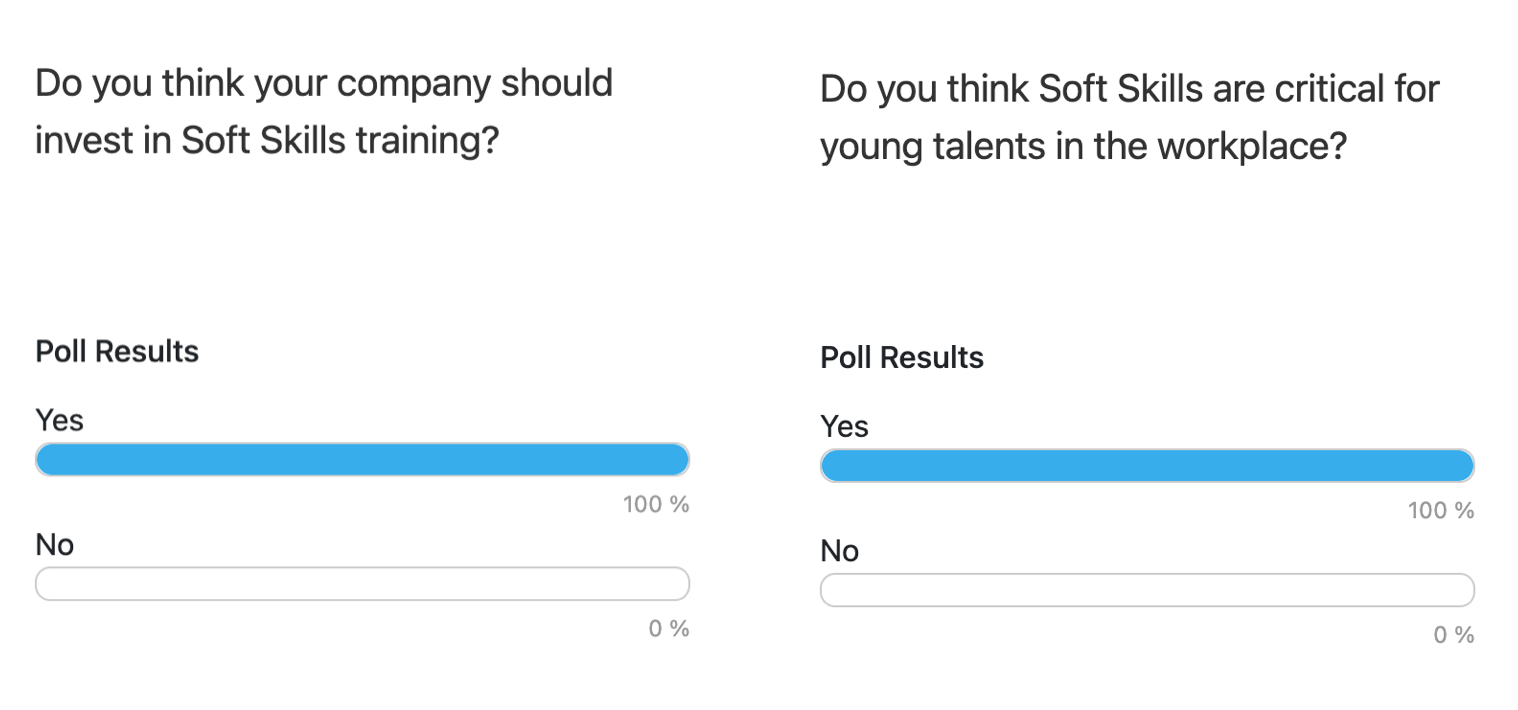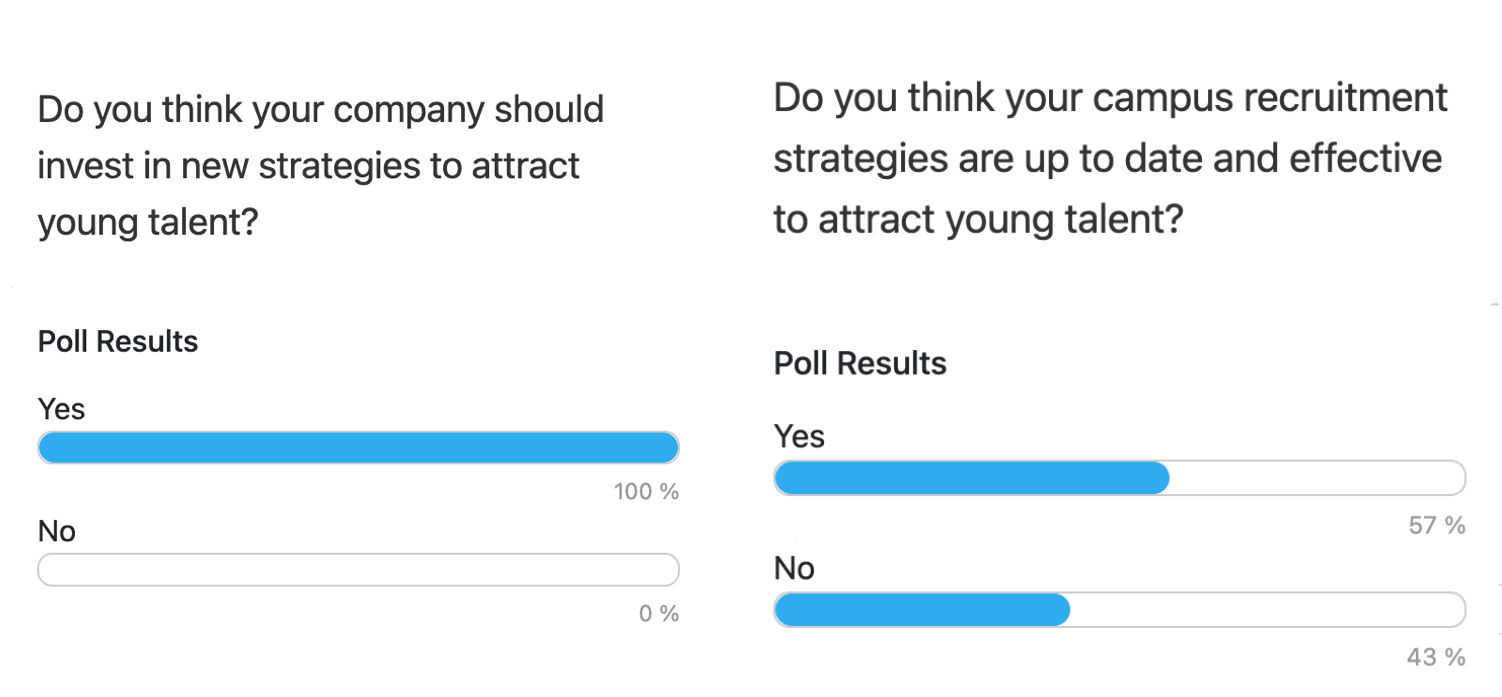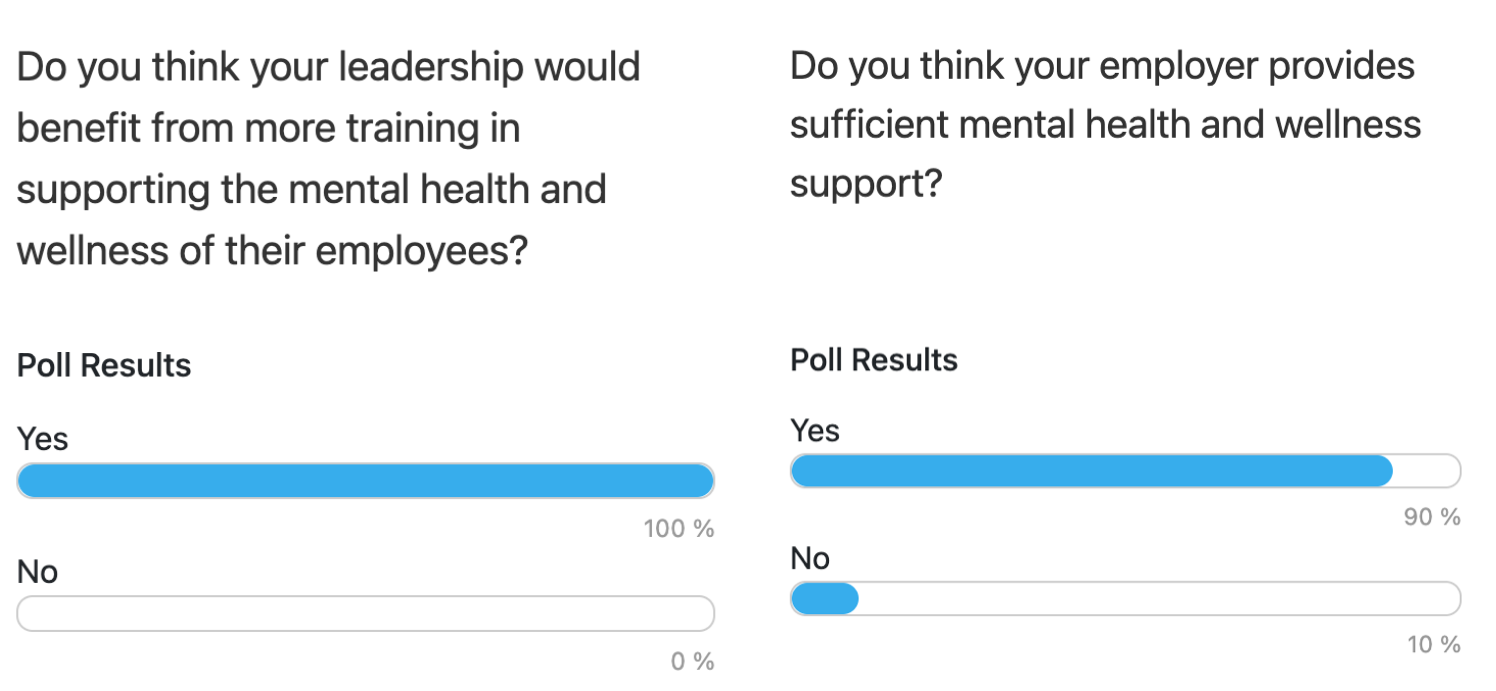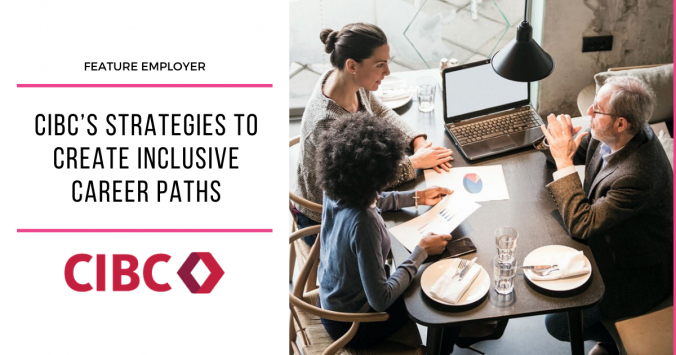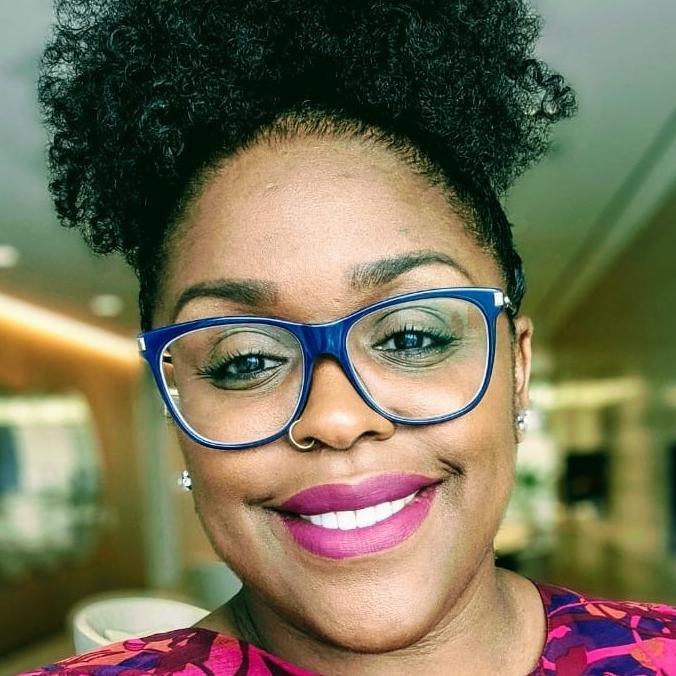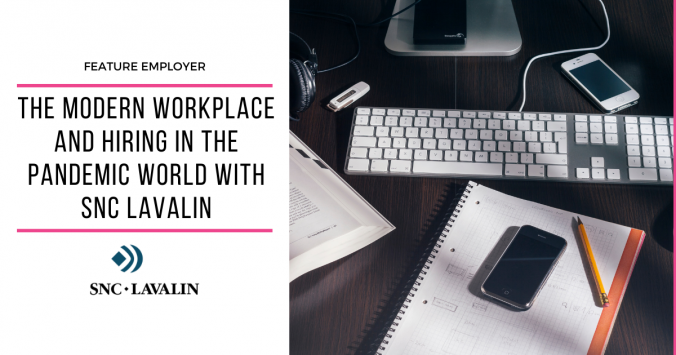The world has changed significantly. Not just in the last two centuries or the last two decades but even in the last two years. One of the hot topics of discussion has been diversity, equity and inclusion. Sometimes referred to as DEI. Or you might have seen D&I or EDI, or other acronyms.
You’ll be able to find a lot of material online on “what is DEI,” why it is important, plus how organizations and leaders can create a more diverse, equitable and inclusive workplace. Though a young professional recently pointed out to me that there isn’t as much out there related to what a young professional, recent grad or student intern could do.
“Diversity is being invited to the party. Inclusion is being asked to dance” -Verna Myers
When I ask a young professional, recent grad or student intern about DEI, they often don’t have much of a reaction. On occasion, there are a few that have been on the receiving end of some sort of discrimination. Perhaps it’s anecdotally a good sign of the times that youth are not as afflicted.
Many entry-level roles at companies abound with folks from different genders, racism ethnicities, physical & mental capabilities, etc. It seems like youth are anecdotally being invited to the party and being asked to dance. DEI seems to be a concern for senior leadership. Though, as these young folks advance in their career, DEI will likely be more of a concern. Conversations are starting on what can be done to get ahead of the challenge.
Speaking to some DEI-minded folks, The following were collectively brainstormed (though not exhaustive by any means):
- Awareness
- Understanding
- Practice
- Improvement
Awareness
“Awareness is the greatest agent for change” -Eckhart Tolle
Have you ever thought of the people you work with? How are they similar to you, and how are they different from you? Have you thought about your workplace from a DEI lens?
A youth in a group I was chatting with was wondering if I could even ask these types of questions. I said, “are we now so sensitive that we can’t even talk about it?”
Let’s bring the challenge into the light so they can be acknowledged and addressed. That doesn’t make the process easy. When our unconscious biases are acknowledged, the process can hurt.
I recall a recent interaction where someone felt I was discriminating against them. The issue escalated. When I finally had a chance to acknowledge the alleged hurtful remark, I realized that “having no intention to hurt them” wasn’t necessarily good enough. The issue was eventually resolved with separate previously unknown trauma at play, and it led me on a journey to an awareness that I am very much thankful for.
Reading this article may very well be your first step to awareness. The next step is to learn more to gain some understanding.
How? Get involved in your company’s DEI groups.
Doesn’t exist? Start one.
Perhaps find a community organization or a trusted DEI ally to help.
As a young professional, recent grad or student intern, you can make a difference.
You don’t have to wait to be in senior leadership. Though building a relationship with an executive sponsor could be a good step to make your DEI initiatives sustainable.
Understanding
With some newfound awareness, the next step is to gain some understanding. Perhaps connecting with a DEI professional, talking to a learned friend, researching a bit of history, or learning additional points of awareness to be noted.
While the process can be quite awkward and nerve-wracking, approaching understanding from a perspective of curiosity can be very helpful.
Asking questions is a great way of gaining understanding.
A few good questions to ask:
- What is your definition of diversity? Equity? Inclusion? If we’re gonna be aware and understand it, we might as well get on the same page regarding what it means to us as an organization. DEI is not just gender or race and can include physical/mental abilities, religions, cultures and age. While you can start with a dictionary definition, each organization will often have to pick their own interpretations and prioritizations.
- Why is DEI important to us? Benefits are plentiful, and choose the ones that resonate with your organization. Whether it’s improved innovation, enhanced employee engagement, reaching broader markets, or others, align them with your organization’s values.
- How do we know that we’ve been successful with our DEI initiatives? Initiatives could start with a few awareness emails, continue with various workshops and learning and hopefully carry on with a thriving community. The start and end state will be up to you.
There are plenty more questions to ask, though you can start by progressing your close colleagues to awareness and then understanding. Extend to broader departments and groups based on which are receptive and open. Then see what other parts of the company would be willing to take part. You might need senior leadership buy-in to help that happen. Or may choose to make it a grassroots effort. Think progress vs perfection.
Again, a young professional, recent grad or student intern can make a difference. You don’t have to be an expert. You just need to be willing to put in the effort to move the initiatives forward. Though you will eventually need some senior leadership support in order to really help DEI initiatives thrive in your organization.
At the end of the day, prioritizing and making the time is an important step to allow understanding to happen.
How? I allocate a few hours of your month, an hour of your week, or even a few minutes daily to DEI initiatives. Promote awareness. Have conversations. Improve your understanding. That time consistently over time can easily turn awareness into understanding.
Practice
“Consistent action creates consistent results” – Christine Kane
DEI it’s not a “one-and-done activity.” It’s something that needs to be practised consistently and often in order to be effective.
Yes, you may have had a workshop and felt great about your new DEI knowledge. You might have completed some DEI training and implemented the initiative so that it was successful. But what about next month? Or next year? Or the year after next?
How often will it be up to you and your organization? Those earlier on the path to awareness, understanding and developing it into regular practice will need more time. Eventually, if you can embed DEI into the culture of your organization, then last time is likely because the time you do spend will be habitual.
That may sound daunting for a young professional, recent grad or student intern, though hopefully, you’ve already realized that you can make a difference.
How? Find your “tribe” of DEI allies within your organization or community who can help the understanding turn into a regular practice.
Improvement
If you’re at this stage on your DEI journey, then your high-achieving self will likely want to make things even better.
Perhaps you can share your successes with other departments or even other organizations and join the broader DEI community. Perhaps you can bring in folks from other organizations and learn from them. Maybe even secure executive support for a DEI audit to see how effective your initiatives have really been.
And what you’ll eventually realize is that you ARE making a difference. That is, once you realize that even as a young professional, recent grad or student intern, you can make a difference!
